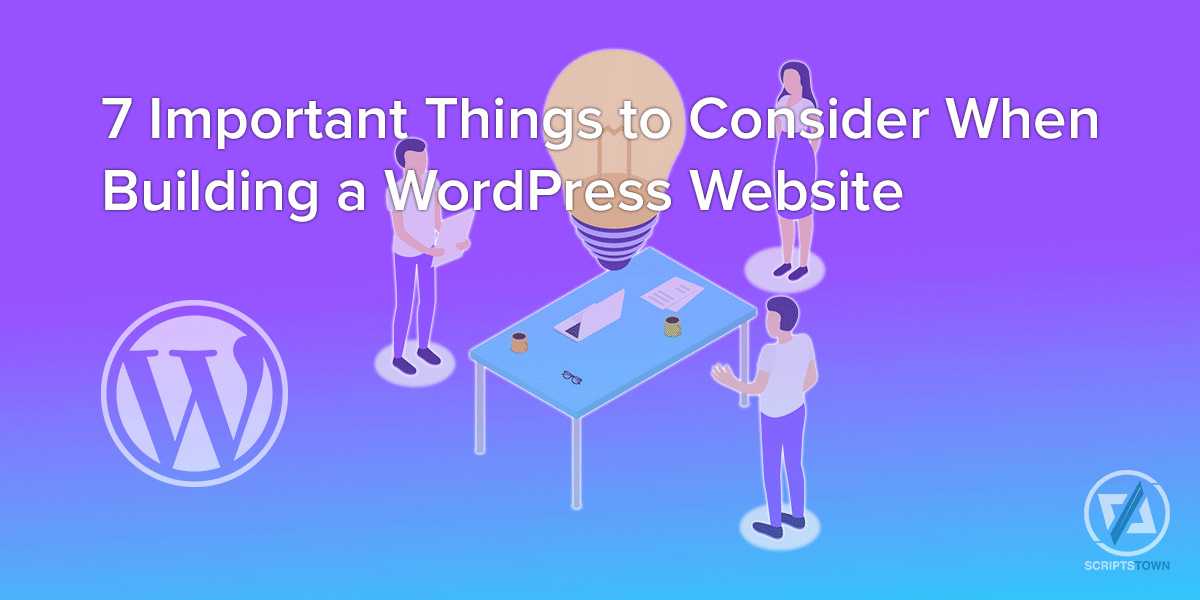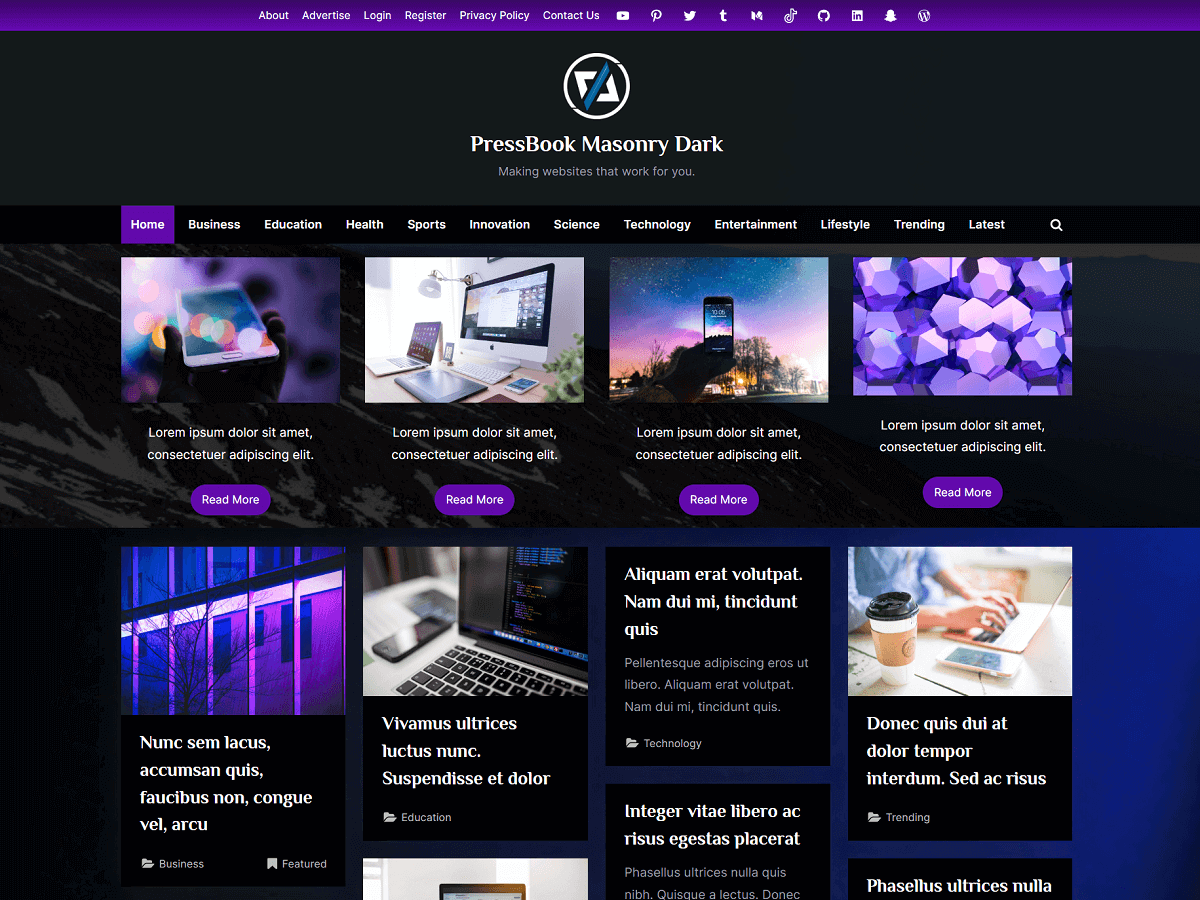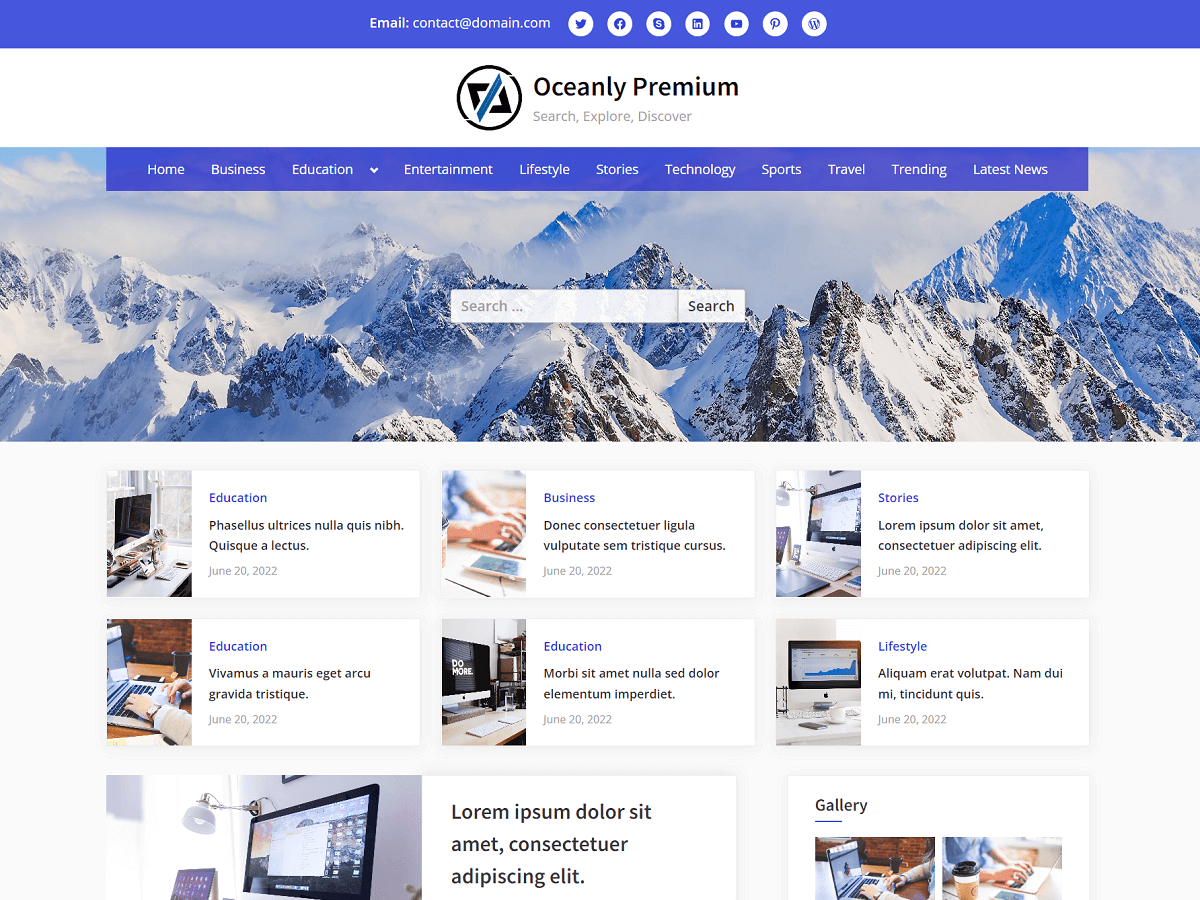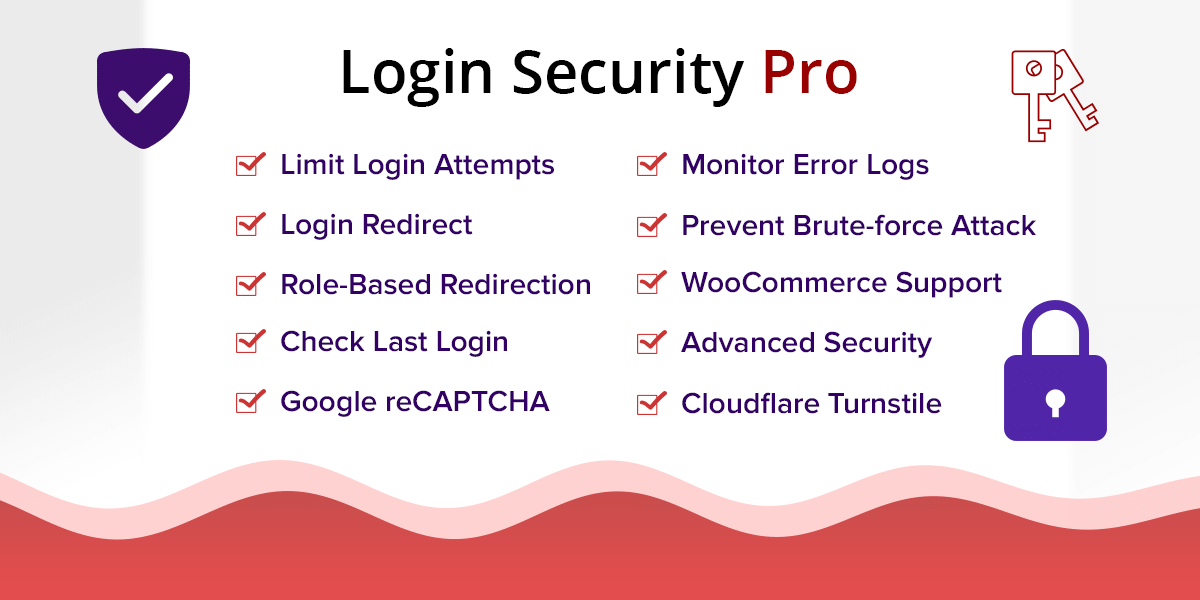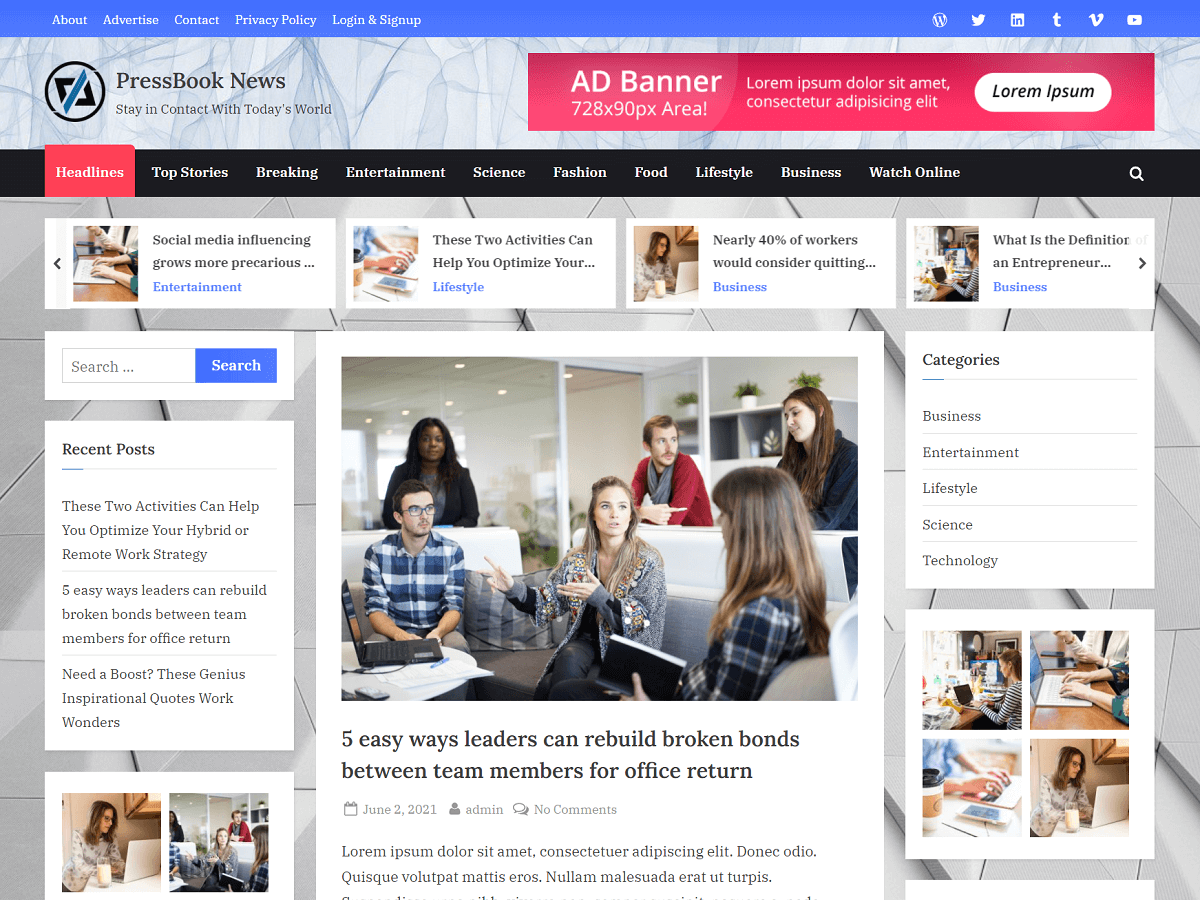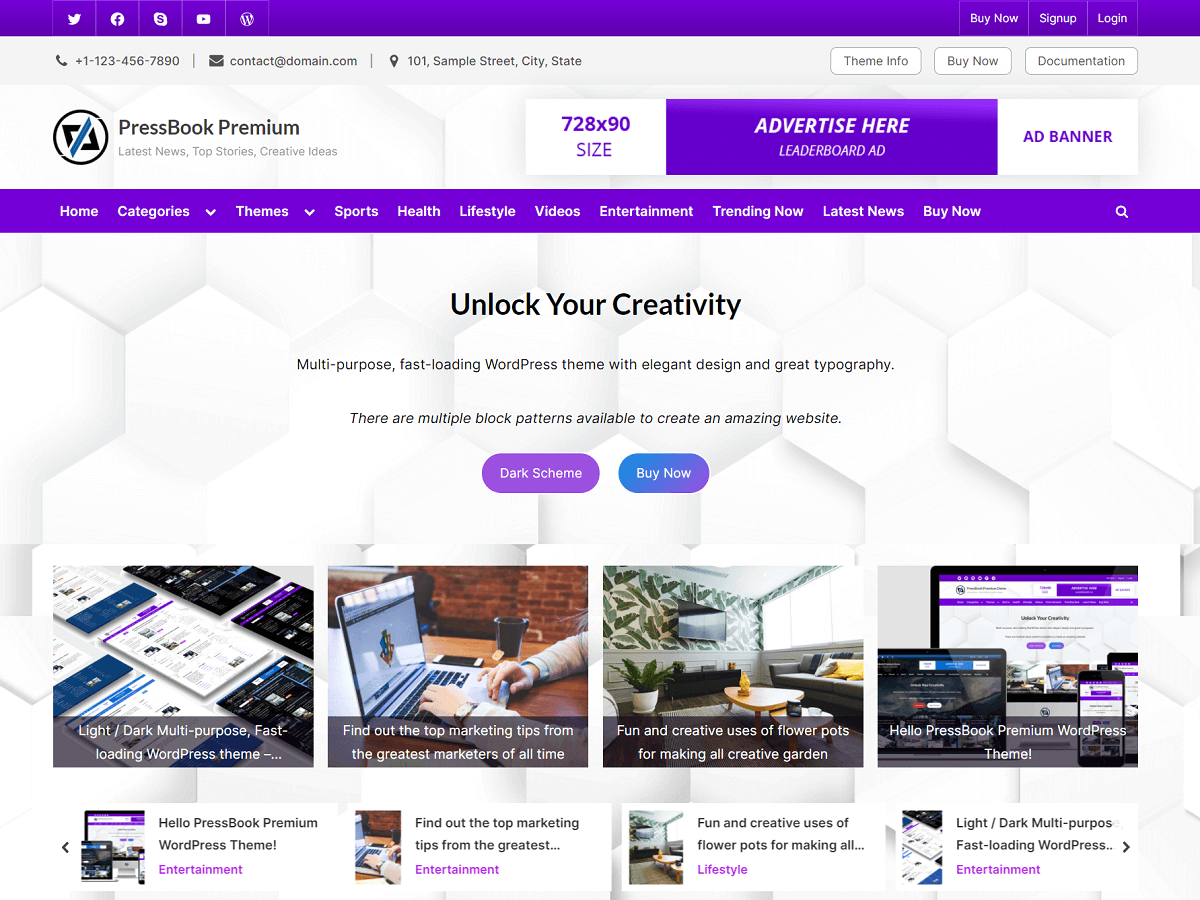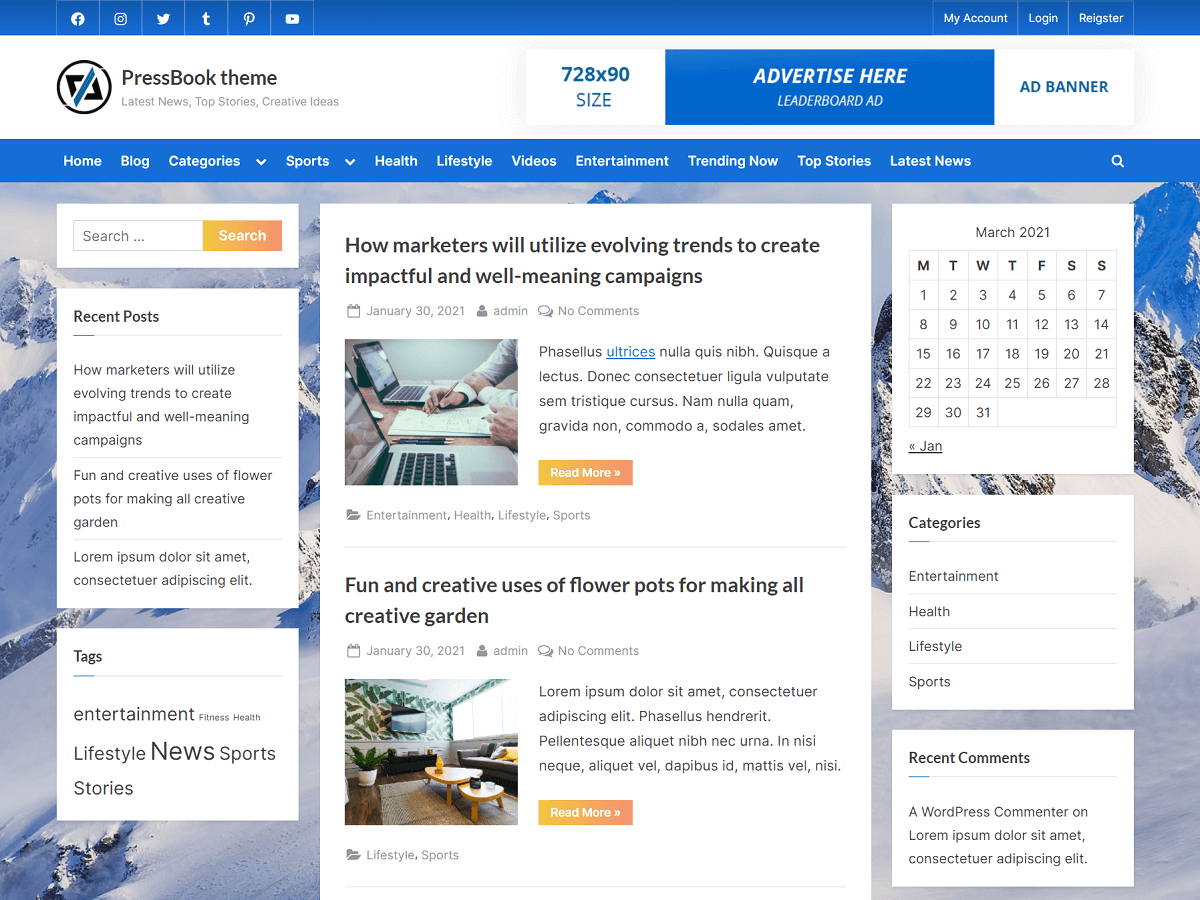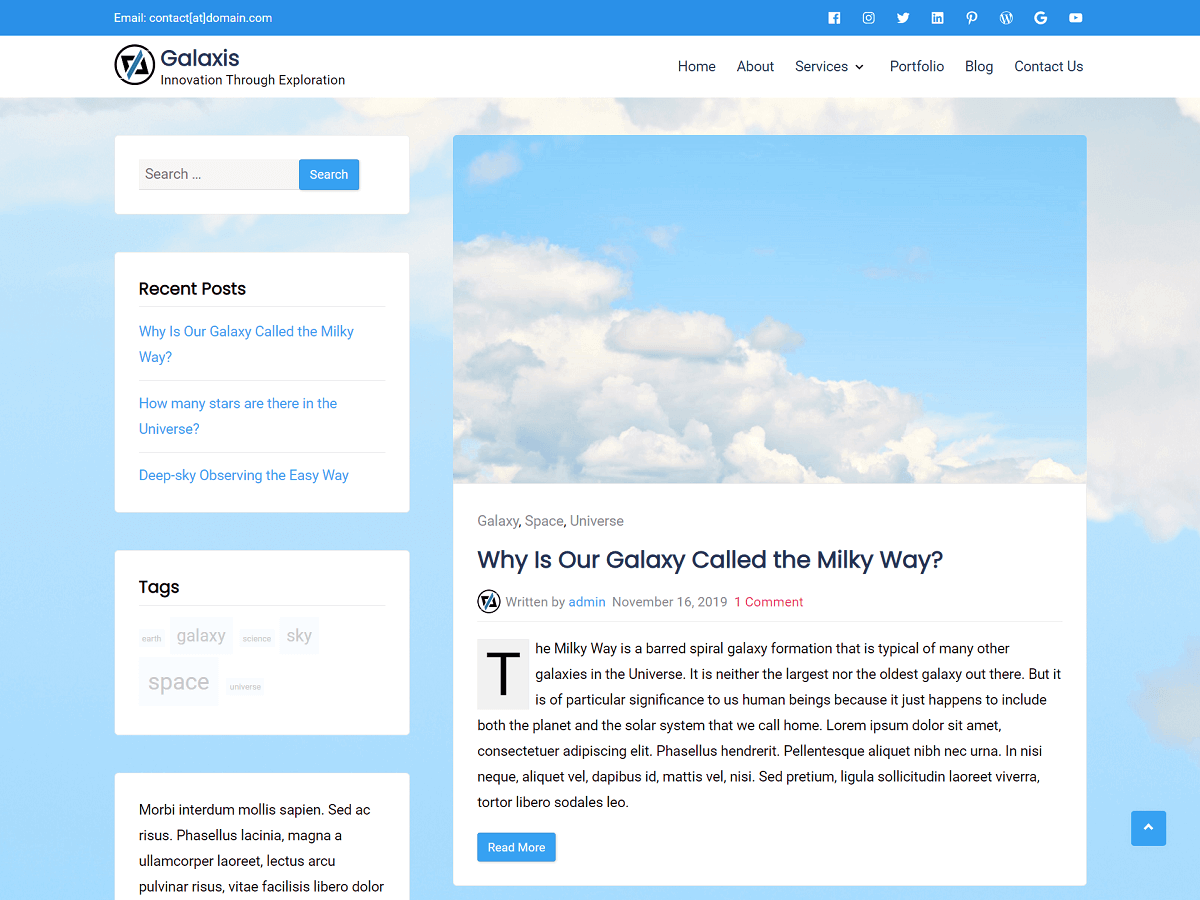If you are planning to build a WordPress website, then you should keep the following points in mind before getting started.
1. WordPress Website Hosting
There are many WordPress hosting providers that offer different kinds of hosting plans to host a WordPress website. This includes managed WordPress hosting, cPanel-based hosting, and Virtual Private Server (VPS).
In managed WordPress hosting, the host manages all the technical aspects of running WordPress. This includes WordPress updates, security, speed, backups, etc.
In a VPS, you have full control over your WordPress site including the webserver. This also means that you must have all the technical knowledge to run and maintain a WordPress website on VPS-based hosting.
It is very important that you choose the right hosting company for your WordPress website.
If you are familiar with setting up VPS and installing WordPress on VPS, then you should definitely go with VPS hosting. There are many VPS hosting providers that offer cloud hosting with dedicated server resources.
In case you are not familiar with setting up VPS, then you should consider managed WordPress hosting and cPanel-based hosting. Some good examples are SiteGround, DreamHost, Bluehost, HostGator, etc.
Here’s a quick list of reliable hosting providers with managed hosting and VPS hosting to host a WordPress website.
Managed WordPress Cloud Hosting Providers
- Kinsta: Includes Google Cloud’s infrastructure for low-latency web hosting. It offers automatic backups to Amazon S3 or Google Cloud Storage.
- Cloudways: Provides managed cloud servers with multiple cloud providers. It gives users flexibility and control over their infrastructure.
- WP Engine: Specializes in WordPress optimization. It offers developer-friendly tools, staging environments, automatic updates, and caching for fast load times.
- SiteGround: Managed cloud hosting with daily backups and auto-scaling for seamless performance during traffic spikes.
- Flywheel: Offers a user-friendly dashboard and workflow tools for creative agencies and designers. It includes collaboration tools and white-label options.
- DreamHost: Emphasizes simplicity, performance, data privacy, and security through its isolated environment and automatic updates.
- HostingJump: Provides WordPress hosting with optimized, built-in LiteSpeed server caching. It includes a user-friendly panel, daily backups, and robust security features.
- Bluehost: Provides affordable managed cloud hosting. It offers an enhanced cPanel interface for easy management and scalability options for WordPress websites.
Virtual Private Server (VPS) Hosting Providers
- Vultr: Provides high-frequency computing for performance. It offers custom ISOs, and global data centers for flexible configurations.
- DigitalOcean: Developer-friendly cloud infrastructure with SSD storage, droplets, and easy scalability. It is ideal for startups and developers.
- Linode: Provides reliable VPS hosting with affordable pricing. It provides customizable resources, SSD storage, and comprehensive API for automation.
- Hetzner: Leverages European data centers. It includes a balance of performance and affordability with dedicated CPU resources.
- Amazon Web Services (AWS): AWS delivers scalable VPS instances. It offers extensive cloud services for enterprise-grade solutions, suitable for complex applications.
- Google Cloud Platform: Leverages Google’s global network and data centers. Google Cloud provides auto-scaling, integration with other Google services, and advanced security features to ensure reliability and data protection.
2. WordPress Theme Selection
When selecting a WordPress theme, you should consider the following points:
- Avoid theme lock-in: A theme lock-in is something that you should avoid. It means being stuck with a theme because the theme has too much control over the site data.
- Without a theme that does not lock in, the site can break and you won’t be able to change the theme in the future.
- So, make sure the theme that you choose should only control the presentation part and design-related functionality of your WordPress site. Also, make sure that you do not lose any data when you switch the theme.
- Since the plugins can work with any theme, so all the site data and non-design-related functionality should be handled by the plugins
- Basic tests for accessibility: A theme should follow basic accessibility requirements. For example, navigating the whole website like opening a menu, the pages, etc. by using the keyboard, or the skip to content links.
- The links, buttons, form fields, etc. should have a distinguishable focus state.
- Also, you should check the theme of your website using a screen reader.
- In this way, your site will be accessible to as many people as possible including people with disabilities.
3. Essential WordPress Plugins
There are many essential WordPress plugins that you should consider when building your website. For any plugin, you should consider the following points:
- Check the reviews of the plugin.
- Check to see if the plugin is compatible with the most recent version of WordPress.
- Test the impact of the plugin on your website performance. For this, you may check the Gtmetrix or PageSpeed scores.
- Try to minimize the number of plugins as much as possible. Also, do not use multiple plugins at the same time for common functionality.
- The plugin should not be bloated with unnecessary stuff.
- At the time of uninstalling a plugin, there should be a way to clean up all the leftovers created by the plugin.
4. WordPress Website Speed and Performance
The loading speed of a website is a critical factor for a better user experience as well as SEO. If a visitor navigates to a page and has to wait for more than a few seconds for your website to load, then they are likely to leave the page which may cost you a conversion.
So, it is good practice to always consider the impact of any plugin that you activate on the loading time and speed of your website.
You may check our WordPress speed optimization guide to improve the loading time and performance of your WordPress site.
5. Website Security and Backups
Basic security is essential for any WordPress site. At the very least, you should secure all the WordPress standard forms by using a captcha plugin. Also, make sure to install the SSL on your WordPress website.
There are many plugins to harden your WordPress website security. Also, you should secure your website at the server level.
Despite the security, you should also create regular backups of your WordPress site. This will ensure that you do not lose your website in the worst-case scenario. For creating backups, you may do it manually or you can use backup plugins like UpdraftPlus.
6. Search Engine Optimization (SEO)
SEO is crucial for any website to get high rankings in search results. For any WordPress website, these are the most popular plugins that can help in SEO:
- Yoast SEO – The most downloaded SEO plugin for WordPress. Yoast SEO comes with a powerful set of features and allows you to add meta titles, meta descriptions, focus keyphrases, etc.
- All-in-One SEO – A complete SEO plugin that provides auto-optimization of SEO tags such as meta title, meta description, and URL. Also, this plugin includes Google Analytics support for tracking the behavior of the audience.
- Rank Math SEO – A rapidly growing WordPress SEO plugin can automate your website SEO. It comes with an excellent interface and an easy-to-setup wizard.
You may check out the WordPress SEO guide to boost your website search rankings.
7. WordPress Website Analytics and Monitoring
Monitoring your website analytics, which includes the number of visitors, demographics, interests, traffic sources, etc. is very important. For analytics, you may use a plugin like Google Analytics by MonsterInsights to set up Google Analytics for your WordPress website.
Also, you may interact with your visitors in real time using any live chat support software.

